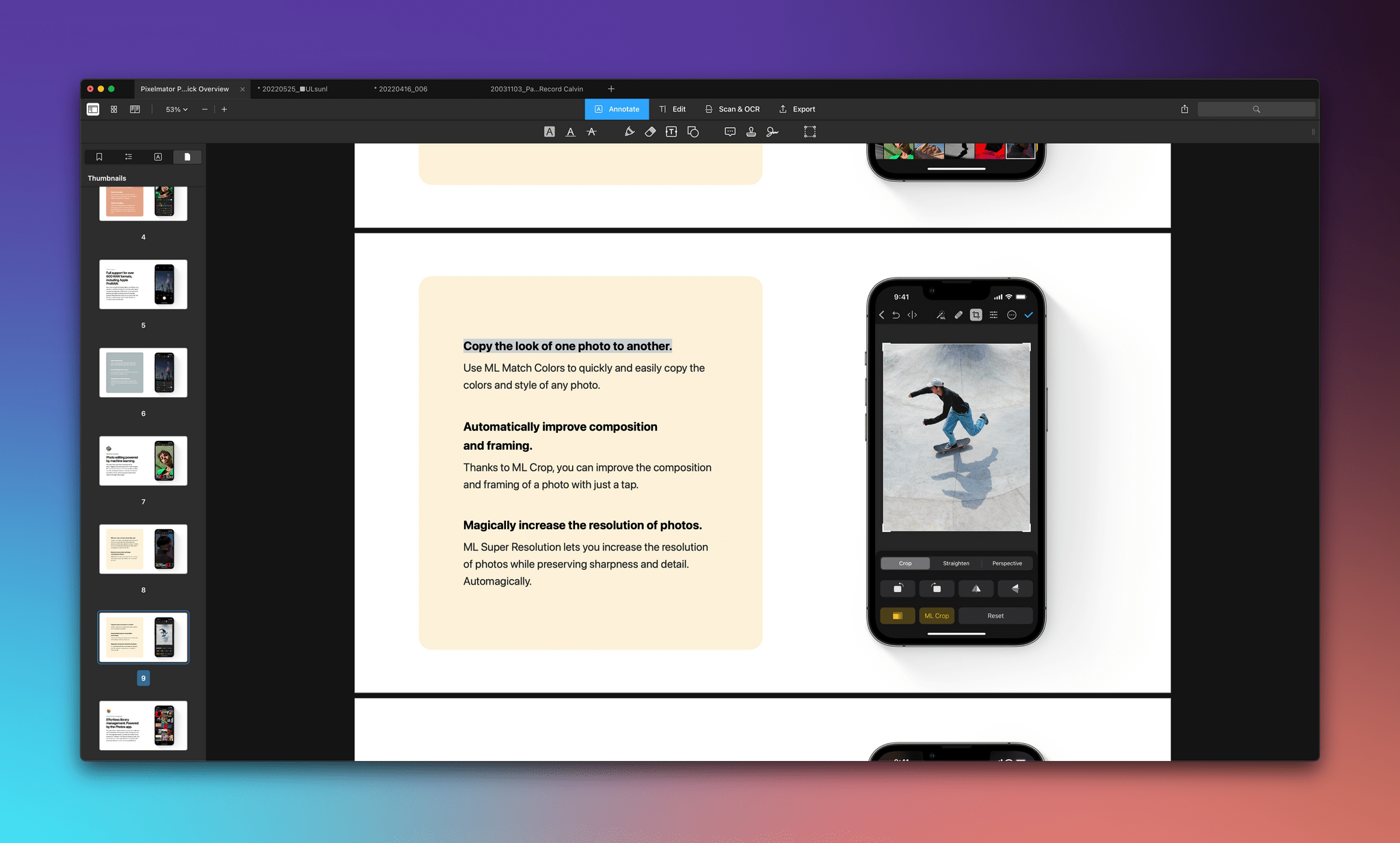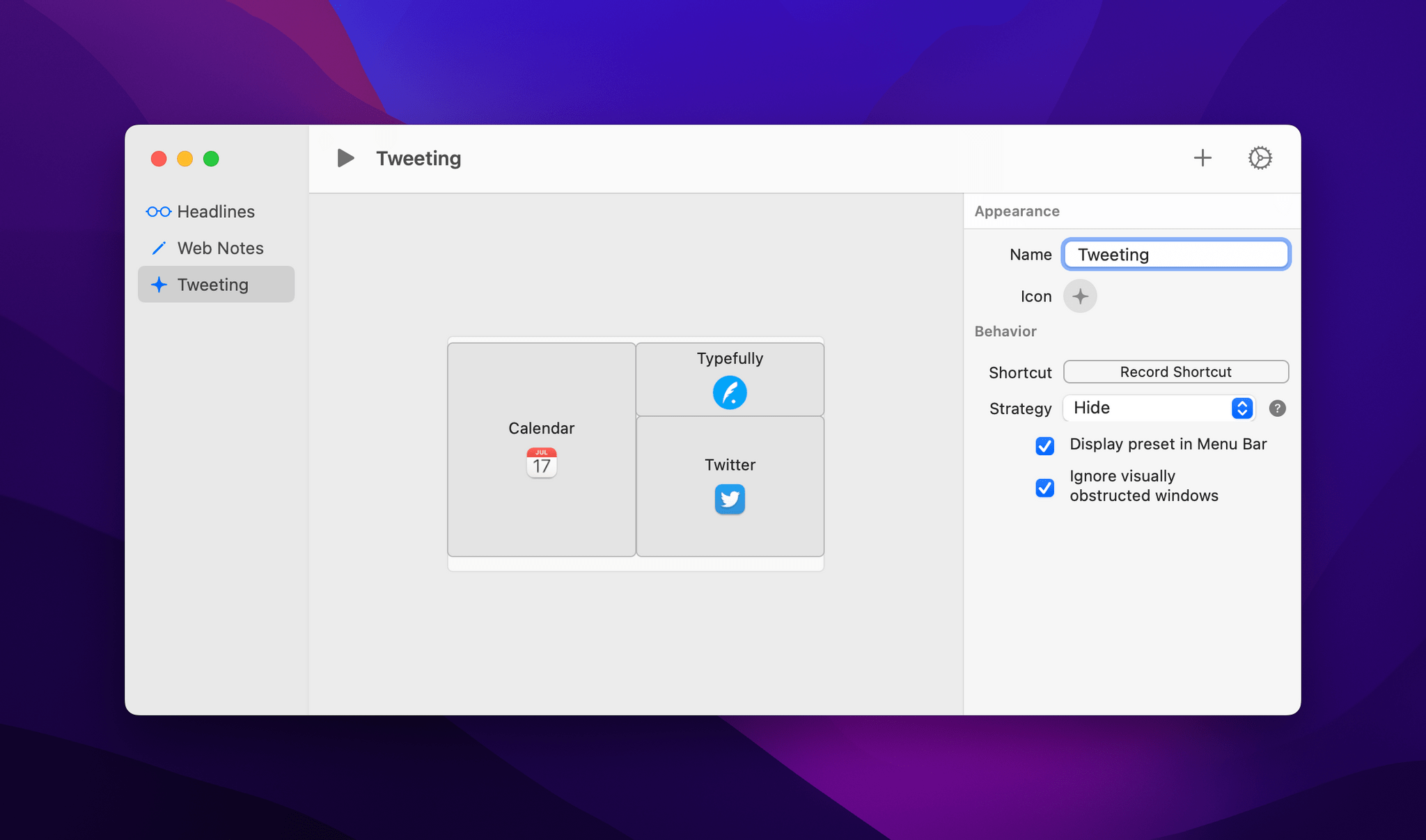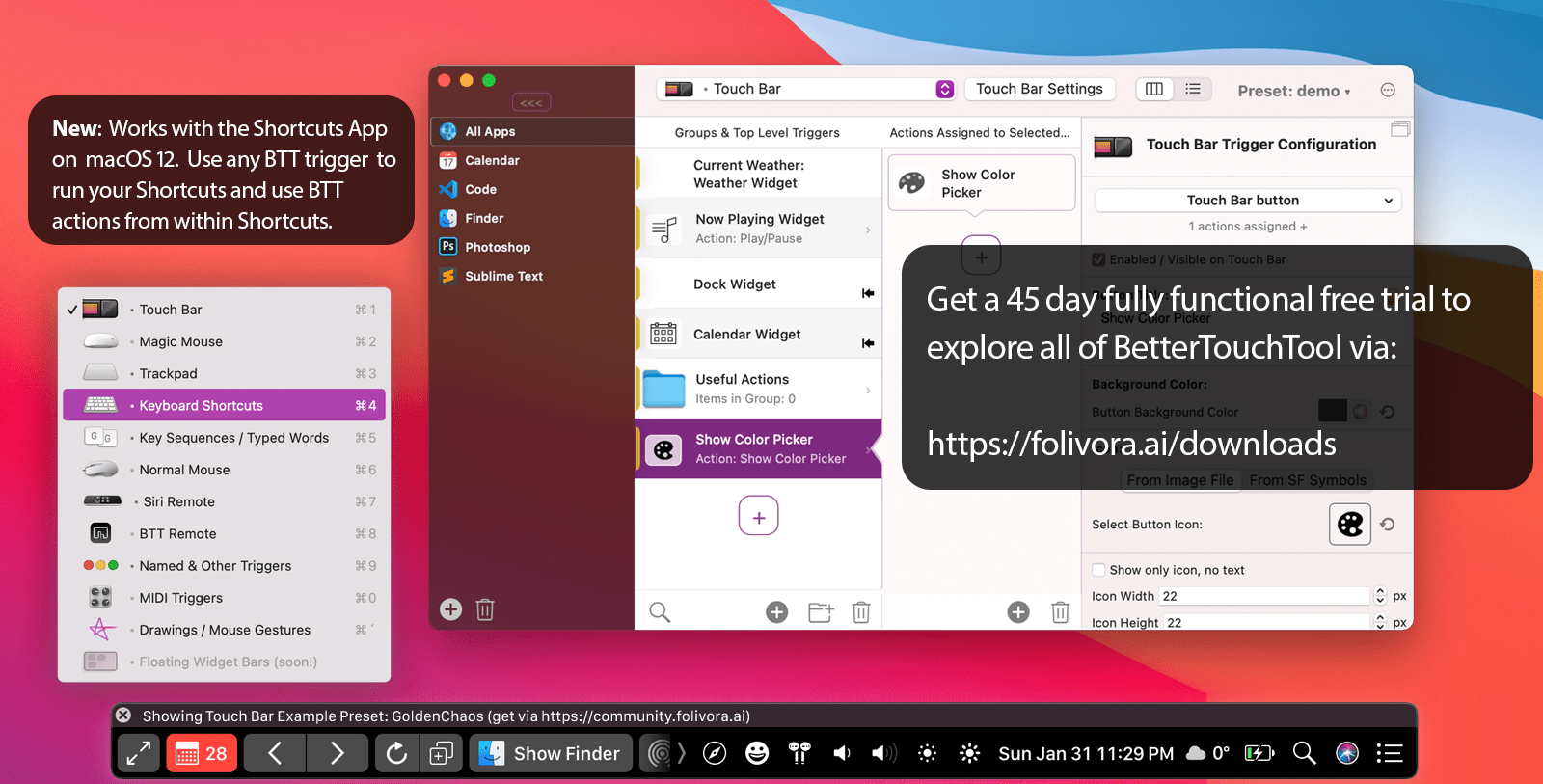PDF Expert by Readdle has been a leading PDF utility since the early days of the App Store, offering the kind of pro-level features that are critical to users whose work depends on managing and editing PDFs. With today’s update to version 3, PDF Expert for Mac debuts a new look, optical character recognition support, new export formats, and changes to its business model across all platforms. We’ve covered the core features of PDF Expert many times in the past, so let’s focus on the changes you can expect from today’s update.
First Look: PDF Expert for Mac 3 Gets a Design Refresh, OCR Support, New Export Options, and Changes to Its Business Model
Kolide: Endpoint Security for Teams That Slack - Try Kolide for Free Today! [Sponsor]
At Kolide, we believe the supposedly Average Person is the key to unlocking a new class of security detection, compliance, and threat remediation. So do the hundreds of organizations that send important security notifications to employees from Kolide’s Slack app.
Collectively, we know that organizations can dramatically lower the actual risks they will likely face with a structured, message-based approach. More importantly, they’ll be able to engage end-users to fix nuanced problems that can’t be automated.
Try Kolide for 14 days free; no credit card required.
Honest.Security is one part guide and another-part manifesto that defines a user-first approach to security and IT compliance. It’s not just Kolide’s north star but also an aspirational roadmap. It’s our positive contribution to counterbalance the worrying upward trend of human-hostile cyber security, device management, and workplace surveillance philosophies that we’ve seen reach a fever pitch as organizations adapt to the long-term term prospects of remote work.
Our thanks to Kolide for sponsoring MacStories this week.
 Mac App Spotlight
Mac App Spotlight
 MacStories Weekly: Issue 326
MacStories Weekly: Issue 326
This week, in addition to the usual links, app debuts, and recap of MacStories' articles and podcasts:
MacStories Unwind: Marry Me and Down By the River Thames
This week on MacStories Unwind, Federico recommends Marry Me, a Jennifer Lopez and Owen Wilson rom-com, and John shares Down By the River Thames by Liam Gallagher, a live set recorded on a barge in London in 2020.
Federico’s Pick:
John’s Pick:
- Down By the River Thames by Liam Gallagher
- Preview Pick:
- Sometimes Forever by Soccer Mommy
AppStories, Episode 283 – App Grab Bag→
This week on AppStories, we reach into the App Grab Bag and pull out five recommendations for listeners to try.
Sponsored by:
- Instabug – Empower mobile teams to monitor, prioritize, and debug performance and stability issues and ship better mobile apps.
- RevenueCat – Subscription management built for mobile apps.
- Pillow – Sleeping better, made simple.
- Sourcegraph – Universal Code Search. Move fast, even in big codebases. Try it now.
On AppStories+, John has some personal news with a tech angle.
We deliver AppStories+ to subscribers with bonus content, ad-free, and at a high bitrate early every week.
To learn more about the benefits included with an AppStories+ subscription, visit our Plans page, or read the AppStories+ FAQ.
Warp: A Simple, Keyboard-Driven Mac Utility for Saving Window Setups
One of the cornerstone features coming to macOS Ventura this fall is Stage Manager, which lets you create sets of multiple apps, decluttering your desktop without a lot of fiddling. In my limited use so far, I’m optimistic about Stage Manager’s future as a way to manage apps, but it’s not for everyone, which is fine because there are so many other ways to manage windows on a Mac.
There are other utilities available for arranging windows on your desktop and saving those configurations. For window placement, I use Magnet. I love that the app can be driven entirely by keyboard shortcuts but is also always available in my Mac’s menu bar.
However, for some reason, utilities for saving the window configurations I create with Magnet have never stuck as part of my workflow. With Stage Manager on my mind recently, though, I thought I’d give a new app called Warp a try.
Warp is the creation of Mike Choi, who released Juice, a macOS Bluetooth device manager that I covered in 2019. I’ve only been using Warp for a few days, but it has already fit neatly into my Mac workflow because it’s a simple, keyboard-driven utility that scratches the same sort of itch as Magnet.
Last Week, on Club MacStories: Safari Extensions, Upcoming Mail Updates, and Lesser-Known iOS 16 Features
Because Club MacStories now encompasses more than just newsletters, we’ve created a guide to the past week’s happenings along with a look at what’s coming up next:
MacStories Weekly: Issue 325
- I share the Safari extensions that I use on the iPhone, iPad, and Mac
- Stephen Hackett joins us to cover the changes coming to Mail with the OS updates this fall
- Federico shares 5 lesser-known iOS 16 features that you might have missed
- A Club member shares their desk setup
- Plus:
- App Debuts
- Highlights from the Club MacStories+ Discord
- Interesting links from around the web
- A sneak peek at what’s next on MacStories’ podcasts
- and more
BetterTouchTool: Introducing the Notch Bar [Sponsor]
BetterTouchTool is an indispensable Mac app that has stood the test of time. The app was one of the first covered by MacStories back in November 2009. In those early days, BetterTouchTool was a simple app for adding customizable gestures to MacBook trackpads and the Magic Mouse.
Nowadays, the app can configure gestures for the Magic Mouse and Magic Trackpad (1-3), it enables full Touch Bar customization, allows users to define keyboard shortcuts, including a powerful Hyper Key, bind the buttons of mice, create custom mouse gestures, customize the Siri Remote, and connect and configure MIDI devices. Also, it works great together with the new Shortcuts app on macOS Monterey.
BetterTouchTool’s developer, Andreas Hegenberg, recently introduced a new feature that is rapidly evolving: the “Notch Bar”. It is in an early development stage but already has quite a few fans, and now, Andreas would love to get your feedback on the feature to make it even better.
The Notch Bar is a customizable menu bar add-on that allows you to create completely custom bars with only the functions and widgets you regularly use. It works best on screens with a Notch, but can also be used on standard screens. It leaves your standard menu bar intact but hidden, so you can easily switch between standard and Notch Bar modes - e.g. by setting a keyboard shortcut to do so.
The Notch Bar comes with lots of default widgets, e.g. to show an emoji picker, calendar events, Shortcuts, weather, date/time, or your clipboard history. It can easily be extended using custom and third-party script widgets too. For example, the amazing Crypto Touch Bar app can now export crypto widgets for the Notch Bar.
For more info on the Notch Bar and a Quick Start Guide, please have a look at:
Here are a few examples of how Andreas is using the Notch Bar himself:
And soon, BetterTouchTool will introduce integration with the Stream Deck, so be on the lookout for an all-new way to use BetterTouchTool.
BetterTouchTool comes with a 45-day trial, after which you can choose between a license that includes all updates for 2 years and a lifetime license.
For a limited time, MacStories readers can purchase BetterTouchTool for 20% off by using the coupon code MACSTORIESBTT at checkout. So, don’t delay. Go to folivora.ai to learn more about this fantastic Mac app and take advantage of the special limited-time, 20% discount on BetterTouchTool.
Our thanks to BetterTouchTool for sponsoring MacStories this week.









](https://cdn.macstories.net/banneras-1629219199428.png)



